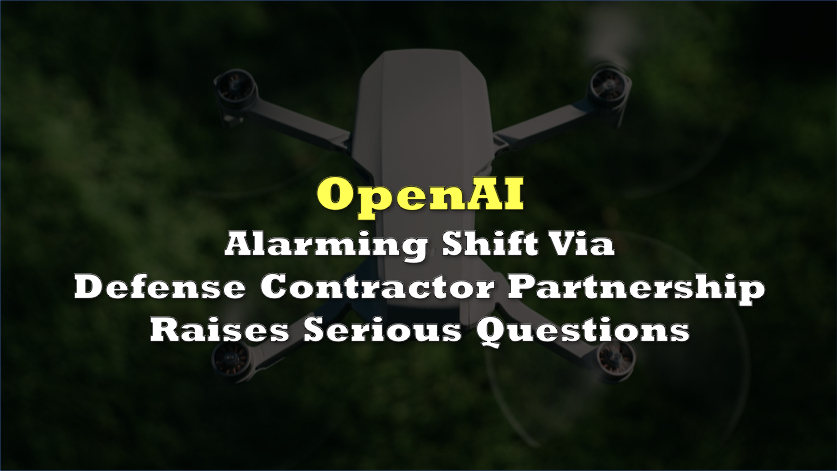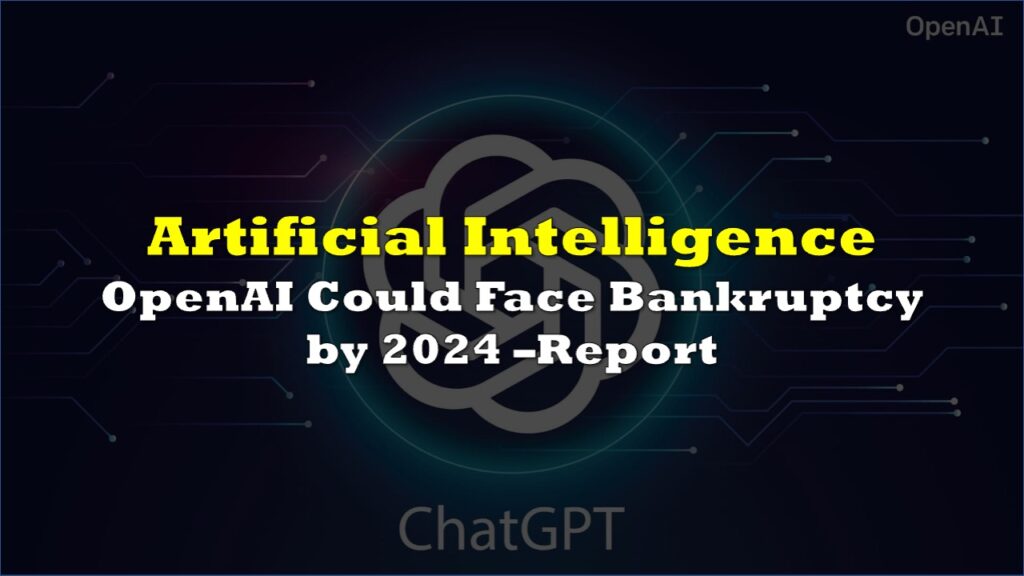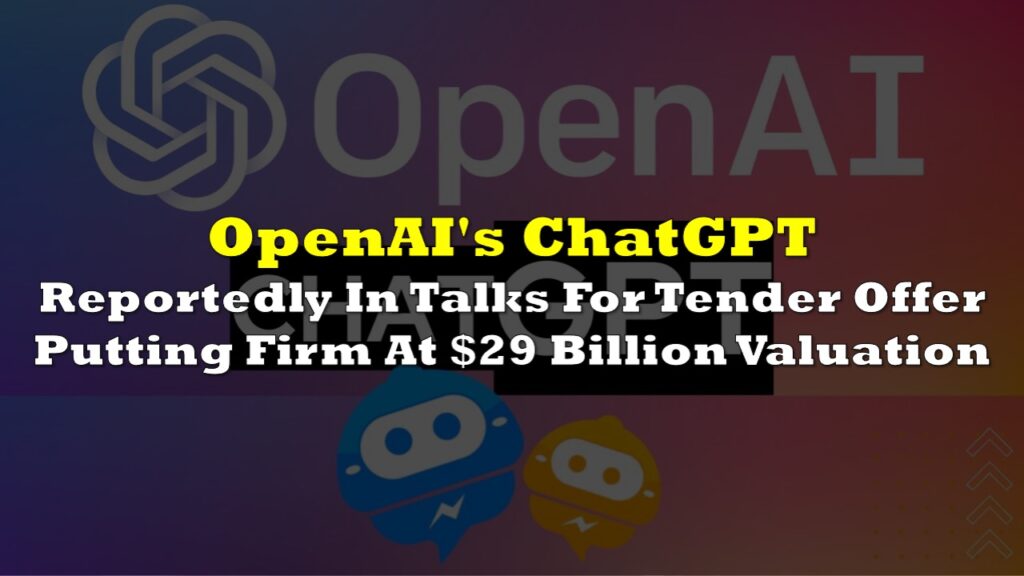OpenAI, the company behind ChatGPT, has taken a consequential step into the defense sector by partnering with Anduril Industries, a defense technology firm specializing in unmanned aerial systems and counter-drone technologies. This collaboration aims to fuse OpenAI’s artificial intelligence capabilities with Anduril’s defense systems to bolster U.S. and allied military efforts in identifying and mitigating aerial threats.
The partnership, announced in a joint statement by Anduril and OpenAI, aims to address escalating threats from unmanned aerial systems. Anduril’s cutting-edge technologies, including the Lattice software platform, will integrate with OpenAI’s advanced models to improve the detection, assessment, and response to aerial threats. These systems are designed to protect military personnel by enhancing decision-making in high-pressure environments.
Brian Schimpf, CEO and co-founder of Anduril, emphasized the collaboration’s importance in maintaining operational superiority, saying both firms are “committed to developing responsible solutions that enable military and intelligence operators to make faster, more accurate decisions in high-pressure situations.”
“Our partnership with Anduril will help ensure OpenAI technology protects U.S. military personnel and helps the national security community responsibly use this technology to keep our citizens safe and free,” said OpenAI CEO Sam Altman, framing the initiative as a safeguard for democratic values.
OpenAI Strikes Deal With Military Contractor to Provide AI for Attack Drones https://t.co/fRXvfVNe7T
— Samuel Bendett (@sambendett) December 7, 2024
Questionable Shift
OpenAI’s involvement in defense marks a significant departure from its original policies, which prohibited the use of its technologies for military applications or weapons development. This shift began earlier in 2023 when the company announced its willingness to work with government agencies on cybersecurity initiatives. The partnership with Anduril pushes OpenAI further into the realm of military operations, raising questions about the consistency of its mission to develop AI for the benefit of humanity.
The partnership has reignited concerns about the ethical use of AI in warfare. Critics argue that integrating AI into military systems—even for defensive purposes—could lead to unintended consequences, such as escalation of conflicts or misuse by less scrupulous actors. The potential for AI to be repurposed or exploited in offensive operations adds to the unease.
OpenAI’s move also risks undermining public trust in the broader AI community. Historically, the company has positioned itself as a responsible steward of AI development, emphasizing safety and ethics. Critics contend that its involvement in defense contradicts these principles, particularly as the boundaries between defensive and offensive applications blur.
The absence of clear international regulations governing military AI further complicates the situation. Without robust oversight, the deployment of AI in conflict zones could outpace efforts to mitigate its risks, creating a volatile landscape where technological advancements outstrip ethical considerations.
Information for this story was found via The Byte and the sources mentioned. The author has no securities or affiliations related to the organizations discussed. Not a recommendation to buy or sell. Always do additional research and consult a professional before purchasing a security. The author holds no licenses.









